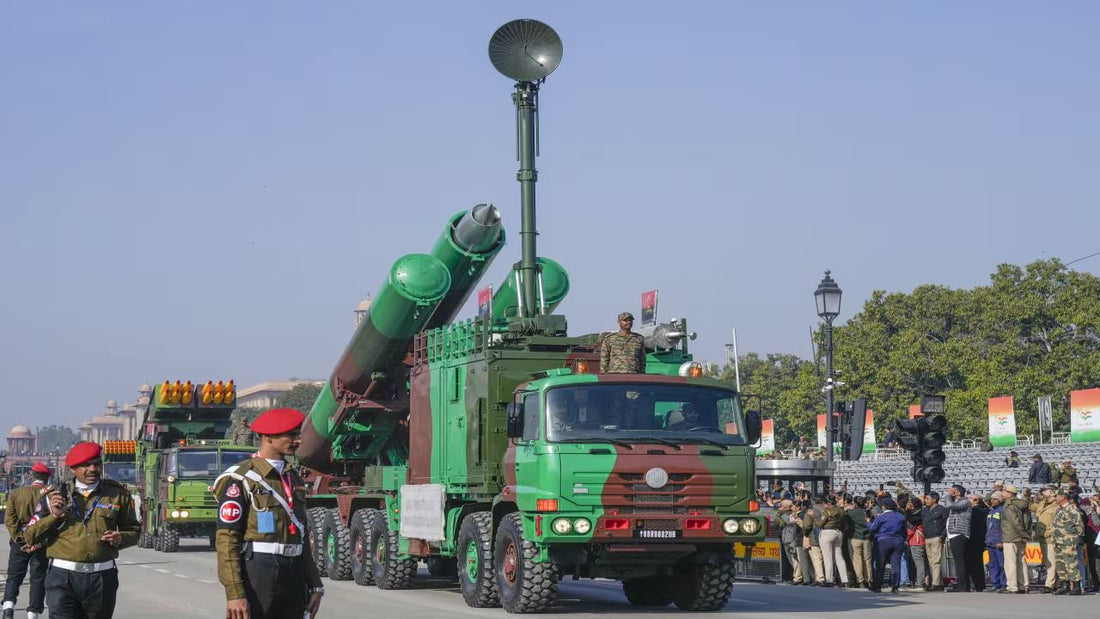India to Boost Defence Budget to 2.5% of GDP in Upcoming Five-Year Plan: Defence Secretary

India plans to raise its defence spending from 1.9% to 2.5% of its GDP in the next five-year plan, according to Defence Secretary RK Singh in an exclusive discussion with CNBC-TV18. This move is part of a strategic effort to bolster national security and enhance local capabilities in sectors such as aerospace, defence manufacturing, shipbuilding, and missile systems.
Singh mentioned that the Ministry of Defence would request extra funding from the 16th Finance Commission to address future needs. Although there have been no budgetary limitations on defence capital expenditure, challenges remain in fully utilizing the allocated resources. "We successfully managed this last year and are on track to hit our quarterly targets this year as well," Singh stated.
Singh disclosed that India secured two defence contracts valued at ₹2 lakh crore in FY2025 and aims to sustain this rate. "With a quicker expenditure pace, we could request more funds during the revised estimate stage if necessary. This will depend on the industry's capacity to absorb funds and our ability to expedite procurement decisions," Singh explained.
He further confirmed that 75% of the defence budget would be invested domestically, supporting the government's Make in India and Viksit Bharat 2047 initiatives to enhance self-reliance. Key areas such as land systems, munitions, shipbuilding, and aerospace are set to receive substantial investment.
In a bid to speed up the development of indigenous capabilities, the Defence Ministry has launched a new execution model for the fifth-generation fighter jet program. This model offers equal opportunities for private companies alongside public sector units. Singh also mentioned that India anticipates steady deliveries of F404 engines from the U.S. for the Tejas aircraft and is considering Russia's proposals for joint production of Sukhoi Su-57 fighter jets.
Furthermore, Singh indicated that emergency and expedited procurement processes would persist based on operational requirements, with funding adjustments possible during the revised estimates stage if needed.



















